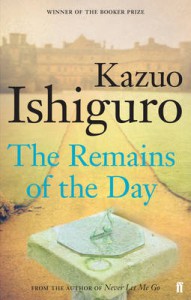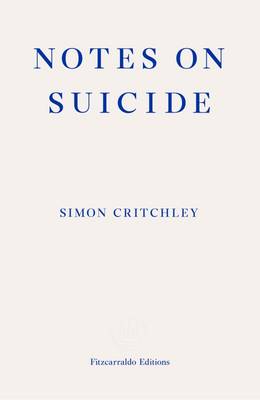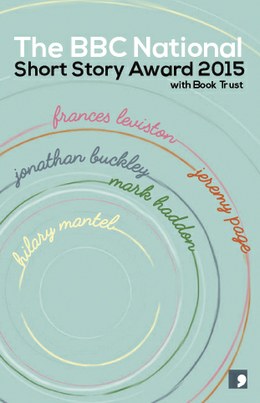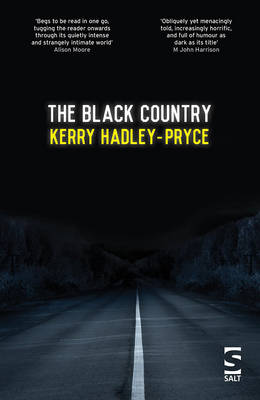Recently I’ve started to read The Buried Giant, another novel that I thought might make the cut for next week’s Goldsmiths Prize shortlist. Reading Kazuo Ishiguro has very much been a learning process for me, and one that’s been documented on the blog – so I thought I’d take a look back…
 The first Ishiguro book that I read was his novella collection, Nocturnes, shortly after its publication in 2009. Reading my review back now makes me wince – not because I didn’t get along with the book, but because I’m not happy with how the review turned out. For one thing, it’s snarkier than I would generally write – and snark, fun though it may be, is rarely conducive to careful thought. Sure enough, I did something that I now hate to see in discussion of books: I came up against something unexpected, and dismissed it out of hand without really thinking about it. I put my own terms of engagement ahead of the book’s.
The first Ishiguro book that I read was his novella collection, Nocturnes, shortly after its publication in 2009. Reading my review back now makes me wince – not because I didn’t get along with the book, but because I’m not happy with how the review turned out. For one thing, it’s snarkier than I would generally write – and snark, fun though it may be, is rarely conducive to careful thought. Sure enough, I did something that I now hate to see in discussion of books: I came up against something unexpected, and dismissed it out of hand without really thinking about it. I put my own terms of engagement ahead of the book’s.
I was under the assumption at the time that Ishiguro was a writer of transparent realism, but now I’m not so sure. And that means I’m on shaky ground treating something of his as ‘unrealistic’, especially without stopping to think what that means, and why the fiction might be that way. This is not to say that I would inevitably like Nocturnes more if I read it now; but I do think there was something fundamental that I didn’t (couldn’t?) appreciate about it.

At the time I wasn’t especially keen to read Ishiguro again, and it took a few years before I felt the time was right. I went for The Remains of the Day (1989), and was clearly much more receptive to what Ishiguro was doing. Yet I wonder if I didn’t still miss something. My review of Remains is framed as saying, “I can see the same techniques here as I did in Nocturnes, but in this book they work.” In other words, I was still reading from that assumption of transparent realism. Now, granted, transparent realism is what the novel looks like; and I think it’s fair to say that Ishiguro’s fiction has a ‘default’ voice. But, still…
I gather that The Buried Giant is a little different from Ishiguro’s work, and certainly it has garnered a variety of puzzled reactions, which is partly what leads me to suspect that there may be some thread in his writing that I’ve not yet appreciated. Perhaps what I need to do is step back and consider the individual writer – to see his books as Kazuo Ishiguro books first and foremost.
Book details (Foyles affiliate links)
The Buried Giant (2015) by Kazuo Ishiguro, Faber & Faber hardback
Nocturnes (2009) by Kazuo Ishiguro, Faber & Faber paperback
The Remains of the Day (1989) by Kazuo Ishiguro, Faber & Faber paperback
Like this:
Like Loading...





Recent Comments